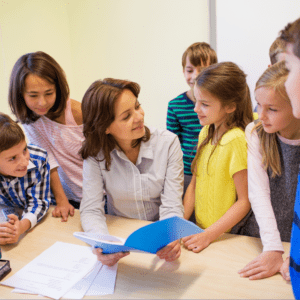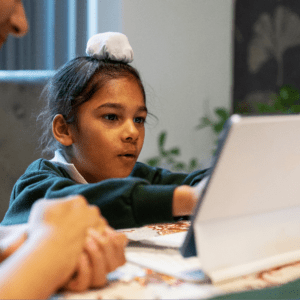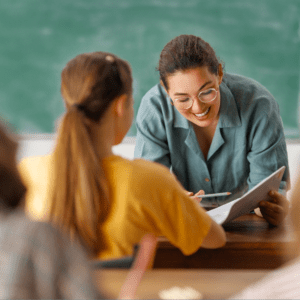Summary:
- To keep your private life private.
- To limit your own reactivity.
- To be more consistent.
It’s important as a teacher to have a persona. While a well-considered persona can positively impact student outcomes, a core reason to develop a teaching persona is so that you simply don’t have to be yourself in front of your students. It can be absolutely exhausting to be in front of students day after day with a mask on, but it’s necessary to keep a little bit of distance between you and you work.
Developing a teaching persona can help you tailor how you come across to your students. The best teacher persona is one that you can maintain; that is, one that is quite similar to how you naturally are. How you decide what it is that you convey depends very much on who you are as a person, but you also need to consider the impact that you want to have.
Keeping your private life private.
Your students aren’t your colleagues, and they aren’t even your clients. As a teacher, you need to be more careful around your students than you may be around anyone else in your life.
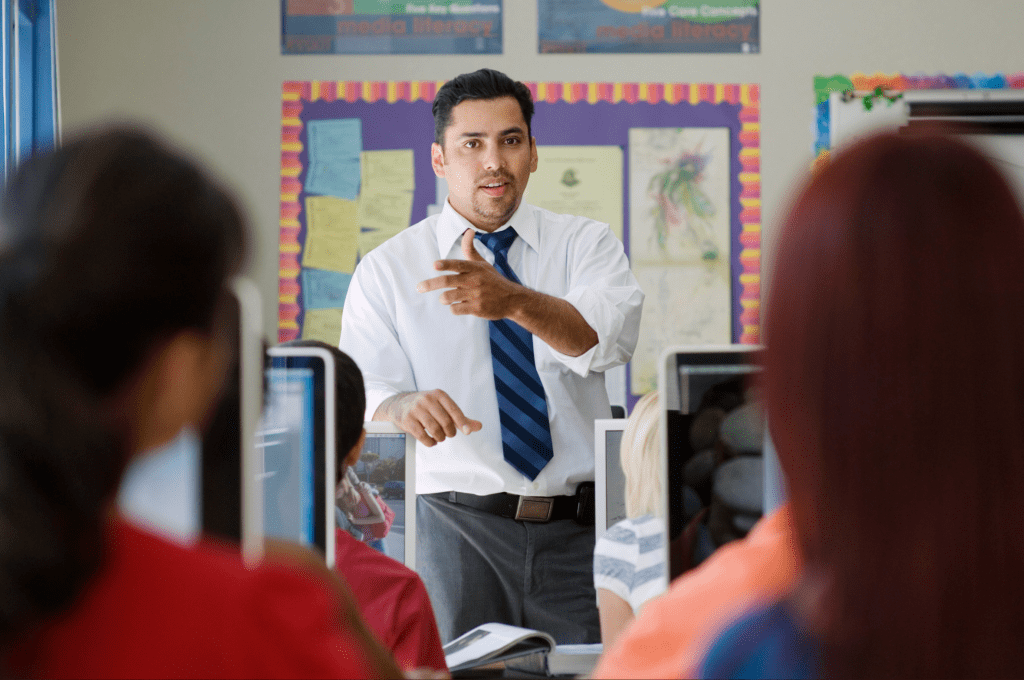
You need to make sure that you always keep some distance from your students. High school students are notorious for immediately looking up any new teacher on social media to see what their private life is like, and many teachers avoid posting on social media at all, even if they use an alias. There have been many instances of information being spread throughout a school and even weaponized by sharing it among parents and other staff members, so you need to be aware of what your students know about you.
The line between your private life and what you show your students is one that you need to draw yourself. Some teachers are very comfortable talking about their trip that they took during the holidays, or the funny thing that their toddler did last night. Some teachers don’t mention their lives outside of school at all. Keeping private and school life separate is much harder in some communities than others, but you always need to carefully consider how much you let your students in.
Keeping the fact that your students are not colleagues in your head all of the time can be difficult. This is why I would recommend making some kind of policy for yourself; that you can talk about you but not your family, for example. Incorporating this into your personalised teaching persona can help you keep your safety and privacy in mind.
Limiting your own reactivity.
It’s a lot easier to not take things personally when you’re not really being yourself. If you’re insulted by a student, joke’s on them! It doesn’t actually apply to you. A large part of being a teacher is checking your own reactions. You need to always be the bigger person in a situation and set the example. It is your job to deescelate situations, and that can be easier when there is a mental and emotional barrier between you and the person that the student is arguing with.
Anger is never the way to manage behaviour or discipline a student. It will consistently impact students negatively, regardless of whether they believe that it is justified or not. Making sure that you develop a strong persona that you can be consistent with can help you temper your reactions and prevent yourself from acting on impulse and emotion in the moment.
Being more consistent.
I really struggled with behaviour management when I first started teaching. In fact, I finished my last teaching prac questioning whether I could be a teacher at all. The main thing that I really struggled with was consistency in behaviour management. I consistently negotiated and set class expectations and could follow through most of the time, but not consistently enough. Because I was even a little inconsistent, it didn’t take long before student behaviour deteriorated.
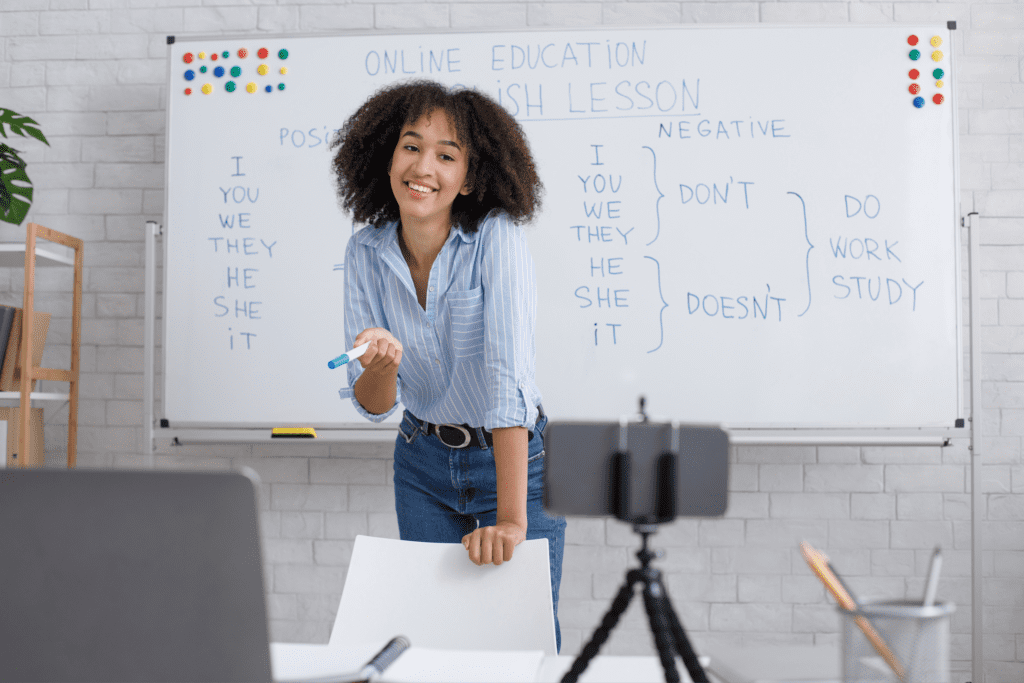
Building a strong teaching persona is one way to become more consistent. Think about what you are struggling with in the classroom, and build the solution into your persona. My problem is that I struggled with the thought of knowing better than other people and that they had to do what I told them. I lacked confidence in myself and my own judgement of what was best for them.
My teaching persona is built around confidence. I decided to be the kind of teacher who was always in control and once I believed it, the students believed it as well. It took some time and some tweaking to develop behaviours that conveyed what I needed to convey, but I am a much more successful teacher now that I can do the good things that I do consistently.
Why do I need a teaching persona?
Developing a good teaching persona is not about being fake, it is about being the best teacher that you can be. You don’t need to be the perfect person to be a teacher. You don’t need to be endlessly patient or always considerate of others. What you do need to do is be able to become that kind of person from 8am until 3pm.
Developing a good teaching persona can certainly help your students. You can become someone that they can trust and who is predictable, but it can also help your students by improving your own well-being.

